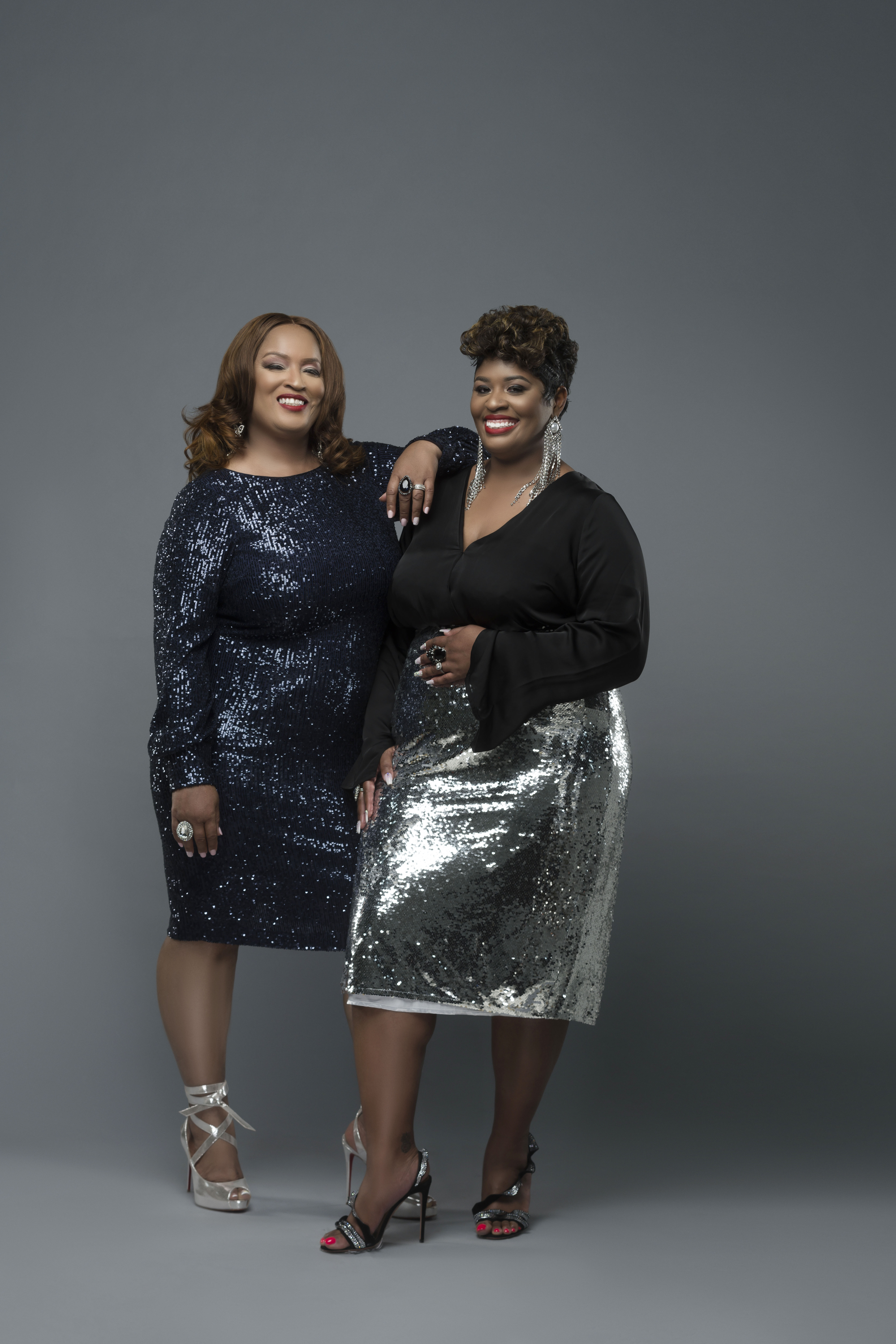
Source: kali9 / Getty
The mother-daughter relationship is certainly a complicated one. How many hit TV shows have been made about messy mother-daughter duos? More than one can count. And they become instant hits because so many women relate to that dynamic. So many women see themselves either in the mother, or the daughter in those shows – sometimes a bit of both. It’s only natural we go through life comparing ourselves to our moms – either to make sure we are like them or perhaps to make sure that we aren’t like them. For some women, there is no greater insult than saying, “You’re acting like your mom.” For others, it’s the greatest compliment. The bond is very powerful, so when it’s damaged, those effects are powerful, too.
Research has found that when mothers and daughters have an interdependent relationship, that can harm the daughter’s self-esteem. Good mother-daughter communication can even improve the health of mothers, according to one study. It’s not a bond to be taken lightly, or tossed out because it becomes difficult. If you ever feel that what you and your mom go through is too much, or just not normal, you might be surprised to find just how many women experience the same things. To learn more about the topic, we spoke with Jeri Godhigh and Jamia Ponder. Godhigh and Ponder are life coaches who use their brand Unfiltered to specialize in helping mothers and daughters heal bonds and break generational patterns. Here are some of the top conflicts they say come up between mothers and daughters. You can follow this duo on IG @@jeri_jamia_unfiltered for info on their upcoming book “Deeper Women Teach.”

Source: ADJMedia / ADJMedia
Upbringing/past mistakes
The first point of conflict our experts mentioned was bringing up mistakes from the past – particularly from one’s childhood. It’s quite common to feel that issues you face as an adult – those could be issues in your romantic relationships, with friendships, in your career, in your self-confidence – stem from missteps on your parents’ parts in your childhood. And studies have found that having predominantly positive experiences as a child correlates with a lower risk of depression or mental health issues as an adult. Plus, what’s the first thing any therapist will ask you? “Tell me about your childhood.” So it’s only natural to, to some degree, point to parents – maybe specifically your mother, if you’re a woman – as the cause of your issues as a grownup.









